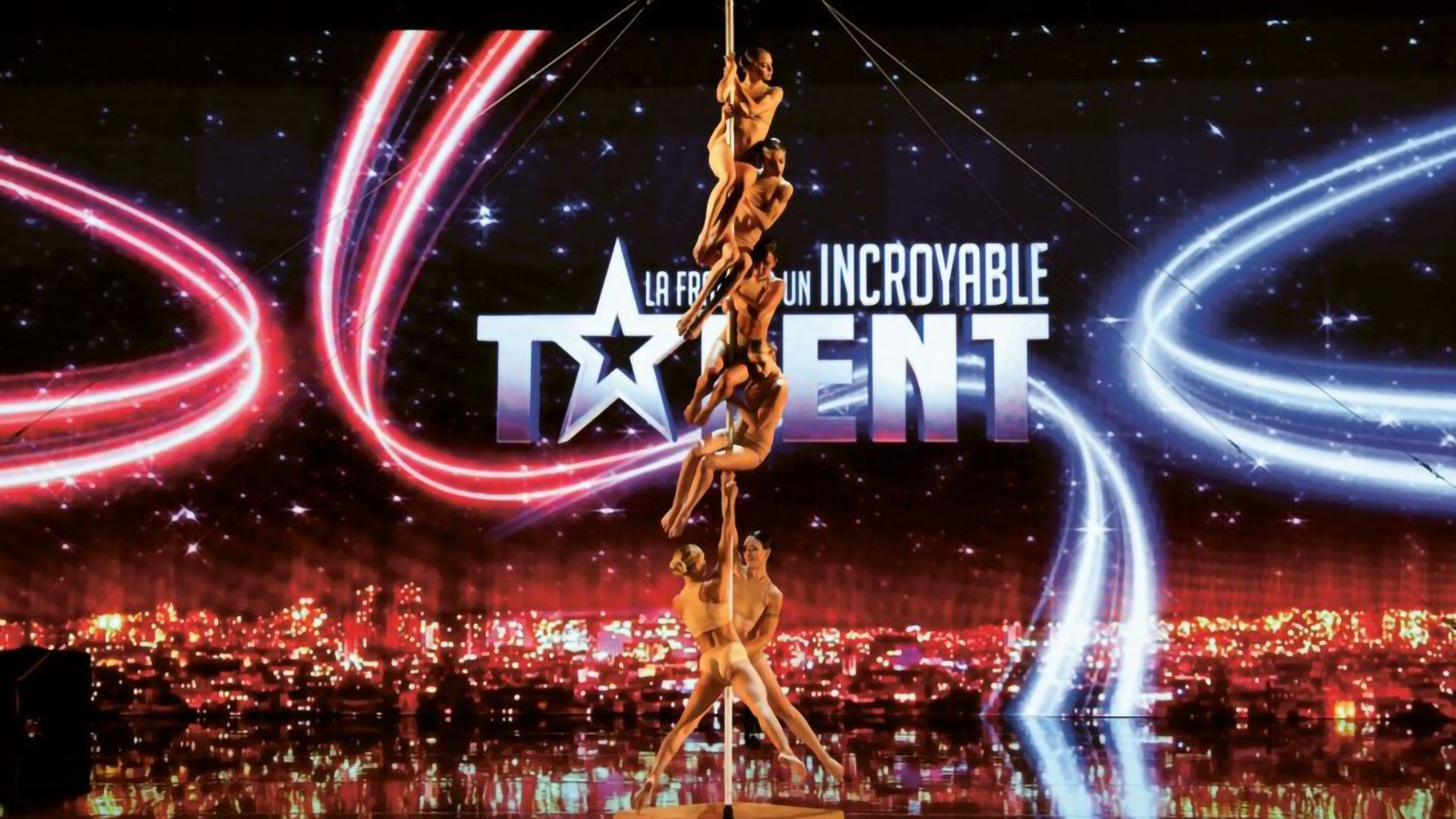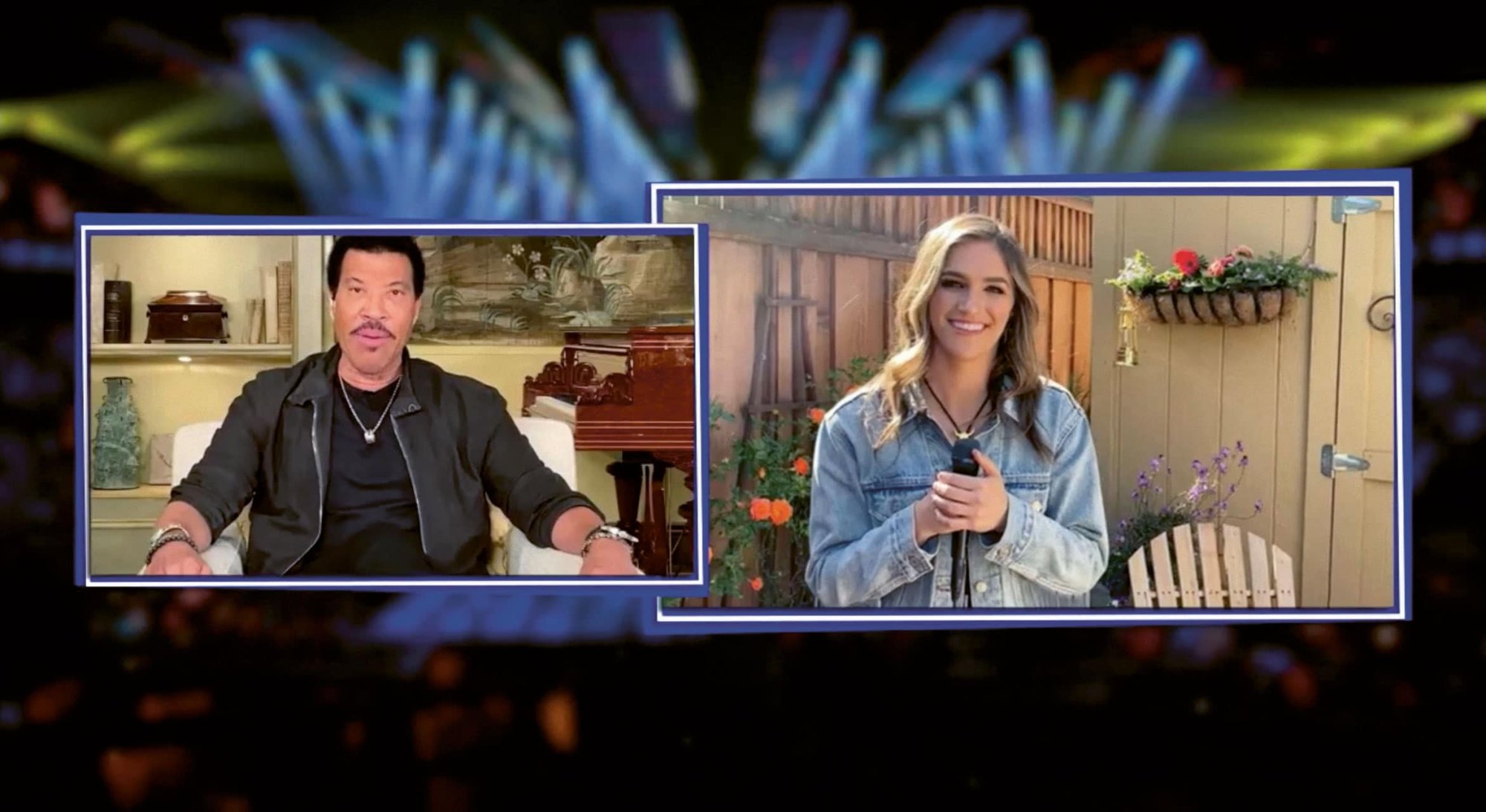What content flourished in our time of need?

The opportunity to take a wide lens to the past year is a welcome task, especially when we take stock of what we’ve all lived through in 2020.
Most of us have faced unprecedented challenges, on a personal basis and as professionals. At the same time, the crisis ignited an explosion of creativity within the industry.
Thinking back to 2019, it was clear to see that the runaway hit of the year was the Korean format The Masked Singer. Even though it launched way back in 2015 on MBC in South Korea, it wasn’t until it aired on FOX in the US that it was jet-propelled to the forefront. It quickly gained popularity worldwide, airing in six more countries that year – with the current figure of global remakes standing at more than 20, and with a further 20 territories having commissioned it. What is it that makes it such a phenomenon? The show hits the entertainment sweet spot as a mix of talent show and game show – you have the singing element and the guessing along at home element. This mix of genres is a popular trend, as seen in Game of Talents from Fremantle Spain, which combines talent show with competition show AND chucks celebrities into the mix for good measure. It launched in May 2019 on Cuatro to 1.4m viewers and has since sold to a number of countries, including ITV in the UK. Flying a group of singles looking for love to a tropical island sounds familiar as a reality dating format, right? But what if we told them they weren’t allowed any physical contact and any discrepancies impacted the prize fund? Well, that’s what we did with Too Hot To Handle – Netflix’s global hit produced by our UK label Talkback. The show topped the Netflix most-watched charts for weeks and has since been called the streamer’s “most successful competition series ever” by Netflix Co-CEO Ted Sarandos. We took a well-known format and turned it on its head to surprise and delight audiences, another remix of a classic.
As coronavirus locked our doors and turned our lives around, one global viewing trend emerged: we all watched more content.
In the US, unmatched viewing increased by 74% at its peak and now accounts for more than a quarter of all television usage in the US. Of course, the streamers benefitted too, with Netflix adding 16m+ new subscribers globally while Disney+ attracted more than 54m subscribers in its first six months of operation.
So what was everyone watching?
The world needed entertaining and with families spending more time together, co-viewing became the norm. Pure entertainment and talent shows, the kind of content that appeals to viewers of all generations, performed really well.
A genre that has really stood the test of time, and proved popular across the summer in the UK was the game show. Staying indoors meant that audiences were seeking pure escapist content, and during lockdown, game shows proved their versatility. They are excellent family-friendly viewing and made a refreshing change to the everyday situation. Epic Gameshow, produced by Fremantle’s label Talkback, was a huge success for ITV when it launched in June. It took popular formats with the nostalgia factor, such as The Price is Right and Play Your Cards Right, and supersized them for primetime audiences. It averaged an incredible 4.6m viewers across the series and was consistently the highest rating show of the day.
The world needed entertaining and with families spending more time together, co-viewing became the norm.

We also launched a new game show Rolling In It in August, where the contestant’s chances of going home with a cash prize are decided by the roll of a dice. Audiences couldn’t get enough, and the first episode was watched by 3.4m viewers – the highest rating show of the day. It achieved an amazing 37.8% share for the coveted 16-24 demographic, up 159% on the channel’s summer slot average.
As pre-recorded shows ran out, audiences suddenly started to see TV filmed remotely from home. Covid‑content became the norm, everything featured the familiar Zoom boxes on screen that we’d all become used to for work, home schooling, socialising and even exercising. But we noticed that Covid-content just wasn’t really working with audiences. Yes, it filled schedules, but audiences didn’t want to watch Zoom-style shows. In fact, our research showed that people would prefer to watch a rerun instead.
When American Idol got to its live shows, we had no choice but to go as big as we could under the current guidelines. Knowing that audiences were bored of Zoom, but still having to produce remotely, we sent 120 iPhones to the contestants’ and judges’ houses with a full production kit and how-to guide. We even shipped confetti cannons in the post! Audiences understood why we had to do this, and yes it looked different, but a big show like Idol still demands high production values. And it paid off, after 35 days of delayed viewing across linear and digital platforms, American Idol averaged a 2.3 rating with Adults aged 18- 49, up by 5% over the prior season. In addition, American Idol delivered a total multiplatform average audience of 10.1 million Total Viewers.

We’ve also seen a trend for content featuring ‘real people’, shows which highlight the everyday person doing extraordinary things and sharing their passions with the world.
In a time where healthcare professionals and supermarket staff became our real-life heroes, this was mirrored in the content that audiences wanted to see.
At Fremantle, we’re proud that for decades our talent shows have given people from all backgrounds a voice and their moment to shine and that whatever their race, ethnicity, religion or physical ability they have an equal shot of making it on screen.
As the world navigates a pandemic, a global movement and an impending financial recession, society could become more and more divided. We need to continue to tell stories of hope and inclusiveness to bring families and communities together.
When looking at trends, there is a universal appetite for quality, escapist, feel-good content. We can learn so much about society from what its viewing habits tell us. It’s been fascinating to pull this piece together; to take a long view at what we’ve witnessed over the last few months and to learn more about a time that has challenged and united us all.
Paul Wood, Head of Global Research and Insight at Fremantle
We need to continue to tell stories of hope and inclusiveness to bring families and communities together.